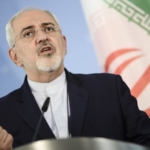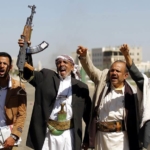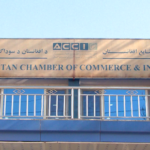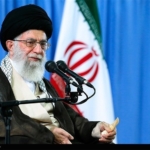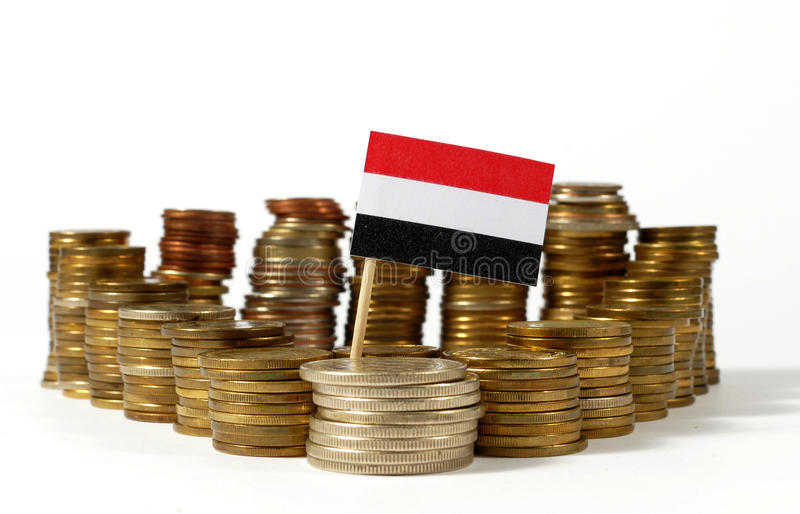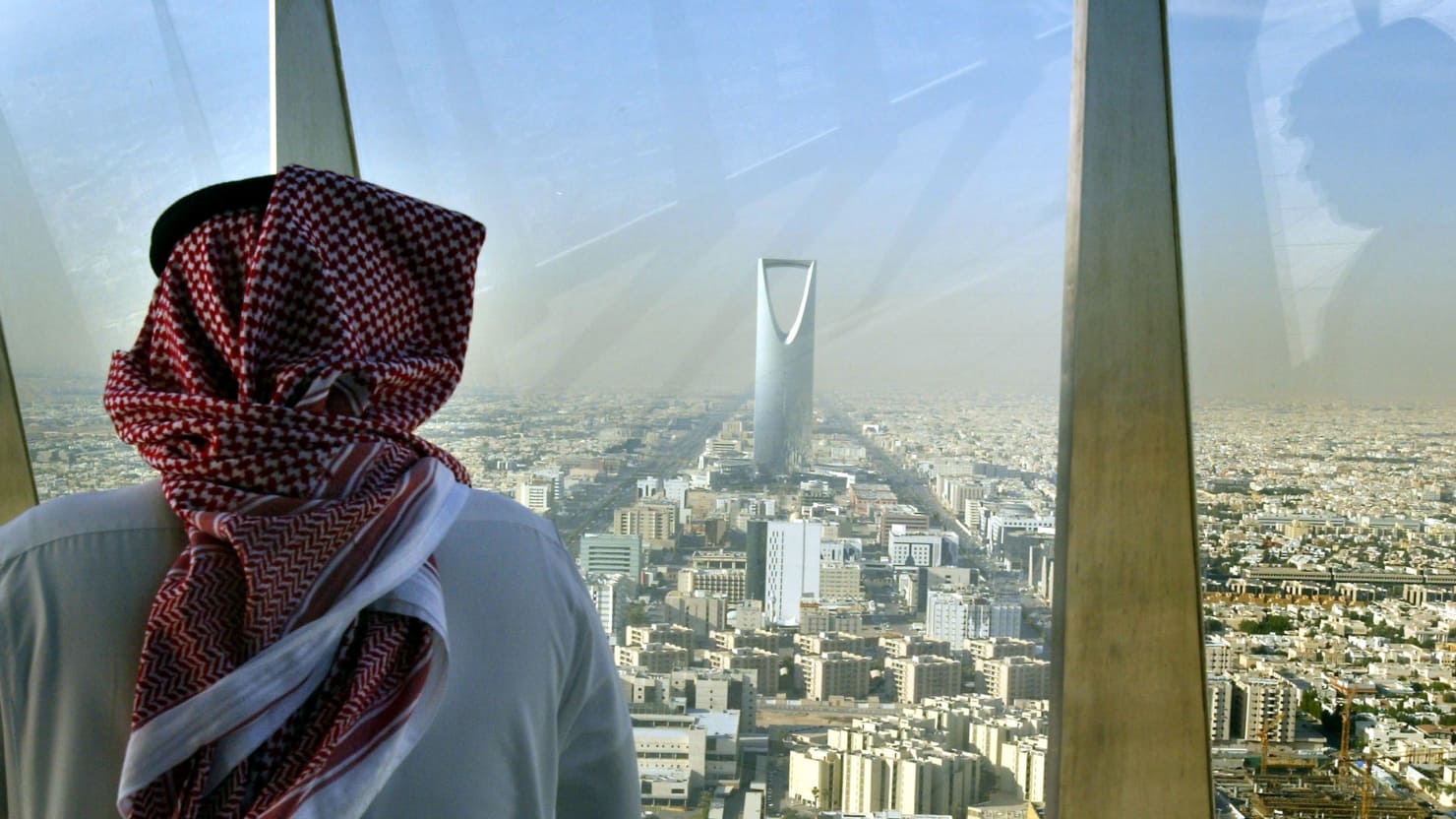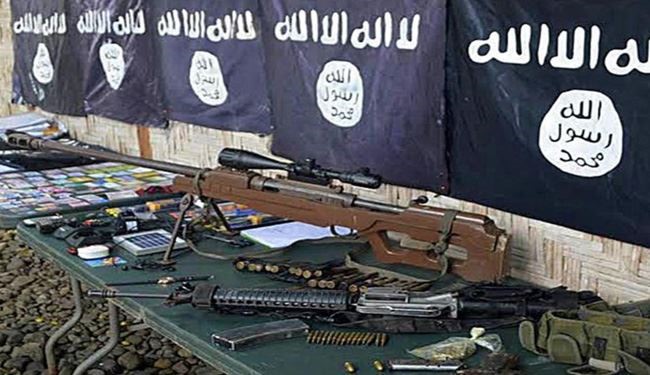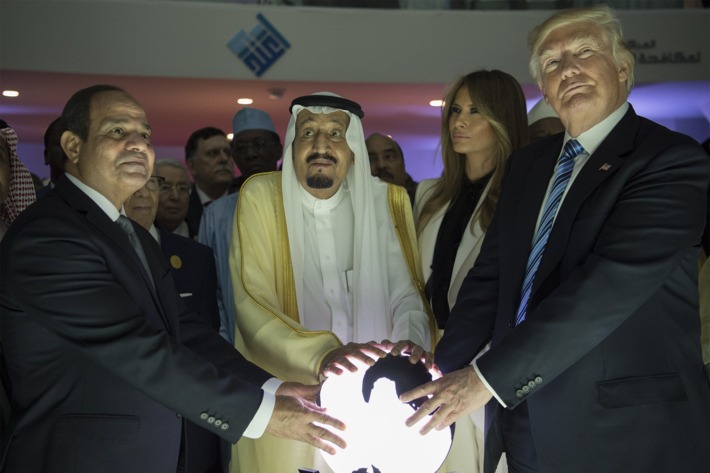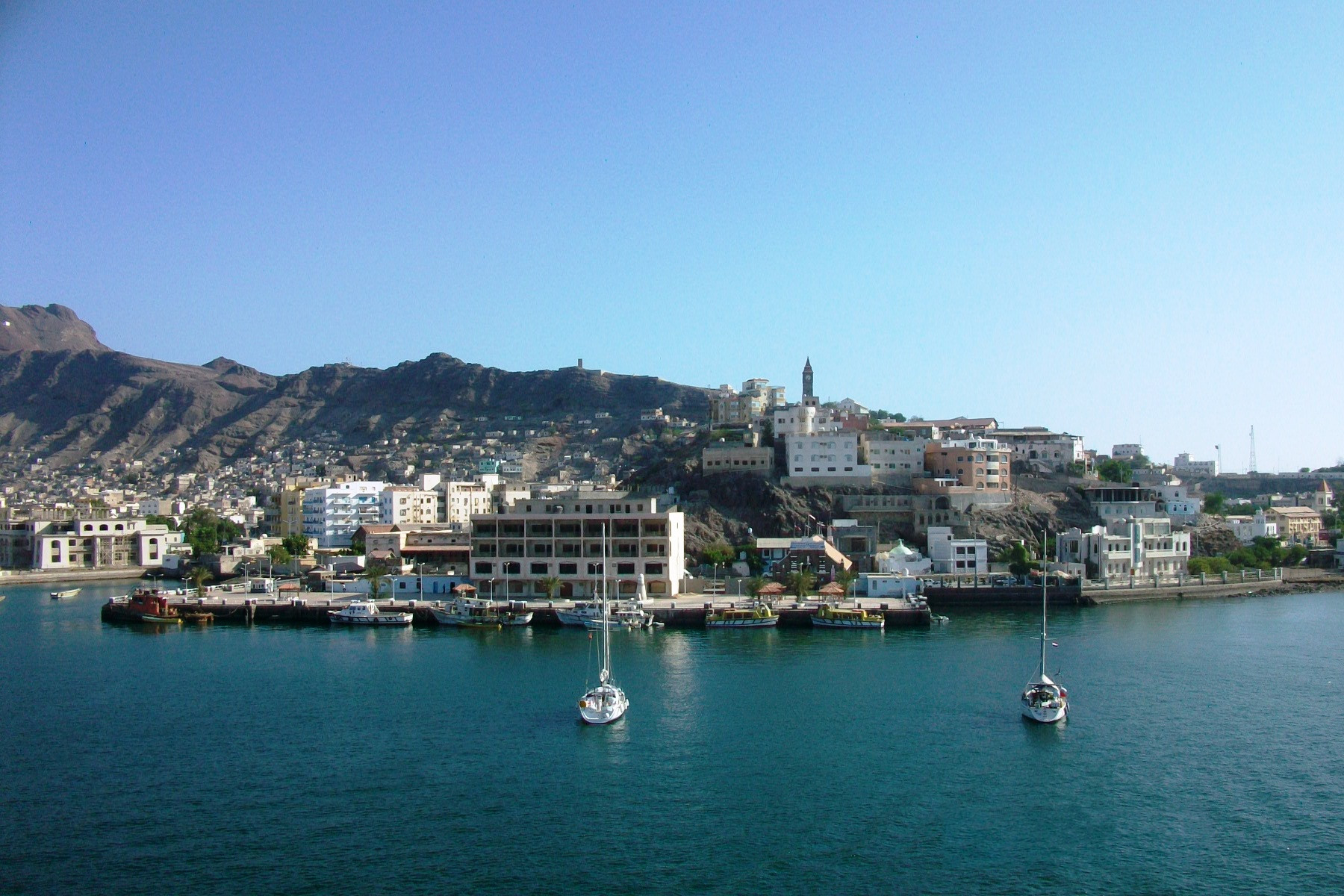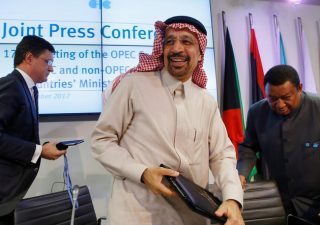The spread of tensions among the coalition forces
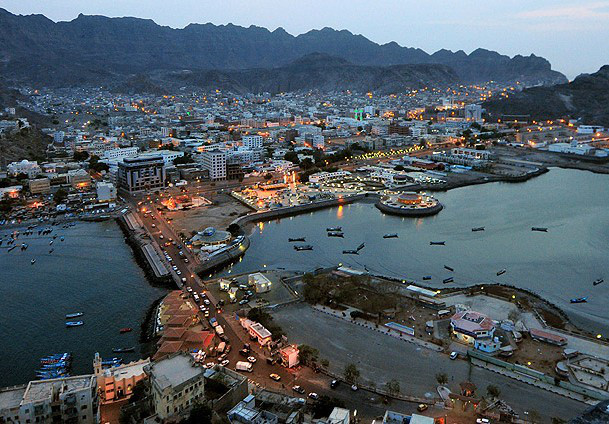
A group of separatists in southern Yemen, backed by the United Arab Emirates, has declared a state of emergency in the port city of Aden and confirmed the intention to overthrow the country’s internationally recognised government, led by Mr Hadi, within the next week. The leader of the separatist group, Aidarous al-Zubaidi, speaking at a meeting on Sunday, accused Hadi’s government of “rampant corruption” and of “waging a misinformation campaign against the southern leaders using state funds”. The new force, which has clashed with forces loyal to Hadi for control of the strategic areas including Aden airport, will “become the core of a new force that will rebuild South Yemen’s security and military institutions” as they added in a statement. The announcement shows the masked tensions between the set of forces allied to fight against the Houthi rebels. President Hadi and its government is supported by Saudi Arabia while the separatists are backed by the United Arab Emirates. Indeed, The UAE entered Yemen’s war in March 2015 as part of a Saudi-led coalition after Houthi rebels, traditionally based in the northwest of the country, overran much of the country, including the capital Sanaa, in 2014. However, the involvement in the war is slightly changing, nearly three years on, Saudi Arabia has said it “wants out” of the war, while the UAE has become more involved in the conflict, indicating a division in the two countries’ agendas. The UAE has been financing and training armed groups in the south of the country who answer to al-Zubaidi, a 50-year-old militia leader who emerged from relative obscurity in late 2015 after helping purge the Houthis from Aden. At this point, the separation within the forces opposed to the Houthi rebels are enhancing the chaos in the region.


